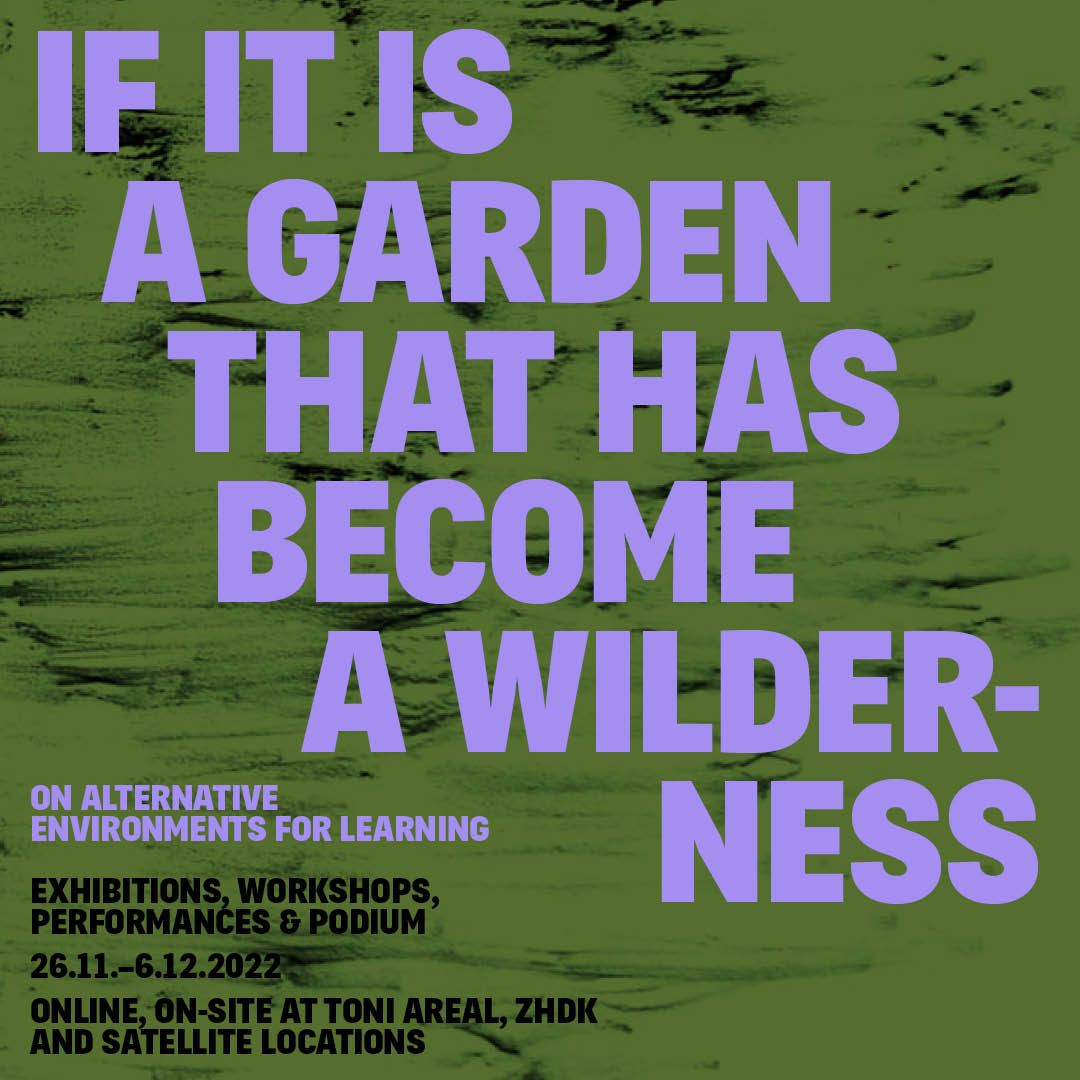As topsoil, our work stems from our shared experiences of learning spaces at Goldsmiths University, exhibition spaces, conferences, talks, lecture halls, reading groups, which have been spaces of immense inspiration and value. However, we are equally critical of these institutions and spaces for reproducing forms of exclusion and showing very constrained and performed ways of producing knowledges. Hence, we have developed a practice of collectively discussing and critically understanding diverse pedagogical spaces we attend to in our respective, albeit differently conditioned, academic and artistic contexts in Costa Rica, Germany and Turkey.
Friendship, for us, is a strong resource from which we propose alternatives to those learning spaces and towards the inclusion of others. We understand various forms of intimate relations and especially friendship as a research methodology. By looking at the implicit, often invisible strategies and methodologies of care inherent in friendships, we want to explore how they can become transformed into accountable, involved and affected learning spaces with others (while remaining attentive to the forms of cooptation and extraction of personal relationships in the arts).
Since June 2020, we have been working on a long-term research project titled Experimental Pedagogies which looks at the relationship between friendship, ecologies and learning spaces. It started by questioning how we learn collectively and what alternative methods we can invent and experiment with for creating collective knowledges departing from our understanding of the potential of affective bonds. We started mapping the methodologies that we use and created visual representations and documentations of how we organize thoughts, memories, processes and research. Throughout our past projects, we have observed our processes, motivations and points of frustration and have learned how to shift with them. Therefore, we now have a toolbox of methods that we carry with us into the next projects: we pay attention to our contexts (the overlapping and departures), we value doing over speaking, we make sure to not forget our bodies (and those of other human and nonhuman creatures), we centre personal storytelling, use minds-eye imagination, attend to nonhuman presences and agencies, work through various temporalities, explore feminist methodologies and focus on the physical, psychological and emotional set up of socioecological spaces. SoC is an opportunity for us to further our ongoing research and it will serve as a platform to be self-reflective, exchange and learn from others throughout the process, borrow methods from others, build new connections and relationalities, present our own questions and ways of working to others, and materialize this research.
Looking at other collectives, how collective work and learning processes can be done otherwise, how friends or colleagues work together is important for our research in the long term. We think wanting to share time and thinking with others and to build new potentialities for friendships is indeed a very valid and productive place to begin a research process. We would like to map these connections and encounters and experiment with new forms of thinking around these alliances.
